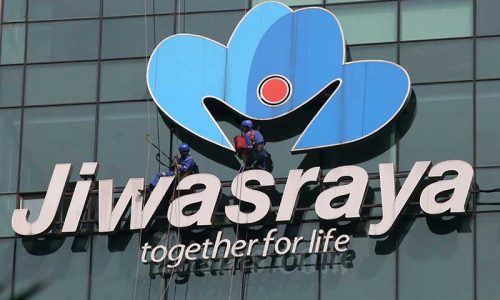The Trenggalek Regency Administration in East Java is exploring carbon trading as a new fiscal scheme to increase local revenue, adopting the theme of net zero carbon as part of its strategy to support the national target for 2060.
The administration aims to monetize this surplus through carbon trading, thus generating additional revenue for the community.
Trenggalek Regent Mochamad Nur Arifin said that Trenggalek emits around 3 million tons of carbon equivalent annually, while its carbon absorption is about 27 million tons equivalent per year.
“We have a surplus, which we hope to monetize through carbon trading, benefiting the community,” Nur Arifin said on Tuesday, June 11, 2024.
He said that the commitment has been outlined in the formulation of the Trenggalek Regional Long-Term Development Plan (RPJPD) for 2025-2045.
“As an example, we utilize our natural resources for eco-tourism and other sustainable practices,” he cited.
The RPJPD framework broadly addresses the technicalities of carbon trading, including carbon absorption calculations in forestry, coastal areas, and karst regions.
This calculation encompasses the concept of establishing a carbon emission baseline, methane emissions from sectors such as transportation, industry, energy, and households.
“We are detailing the steps to achieve this,” the regent said.
While the precise figures have yet to be calculated, Arifin noted that Trenggalek is already a Forest and Other Land Use (FOLU) net sink. This means that the area’s carbon absorption rate equals or exceeds its carbon emissions.
“Preliminary estimates suggest that we are already a net sink, where emissions absorbed balance out those released,” he said.
Indonesia initiated its first carbon credits on September 26, 2023. According to the Financial Services Authority (OJK), carbon trading is conducted by the Indonesia Stock Exchange through IDXCarbon.
Article 1 paragraph (6) of Presidential Regulation (Perpres) No. 46/2008 on the National Climate Change Council defines carbon trading as the buying and selling of emission reduction certificates from climate change mitigation activities.









